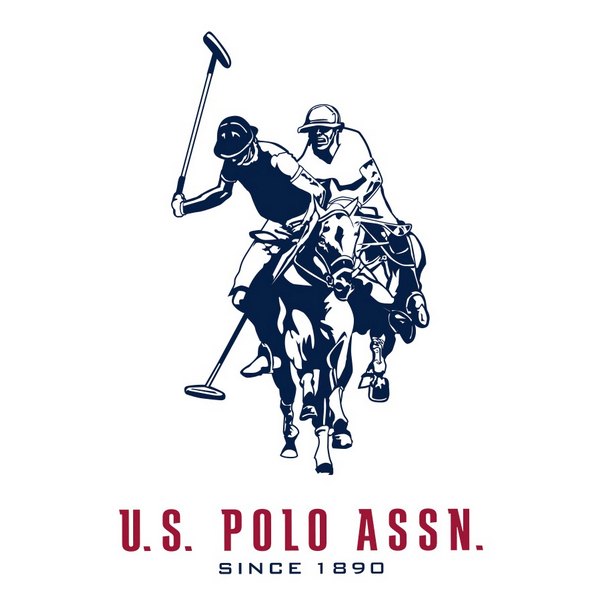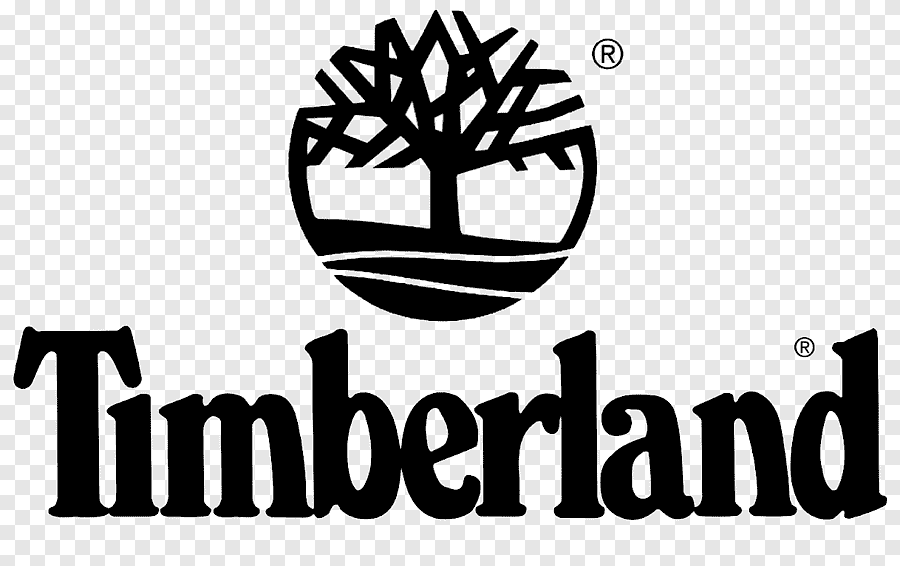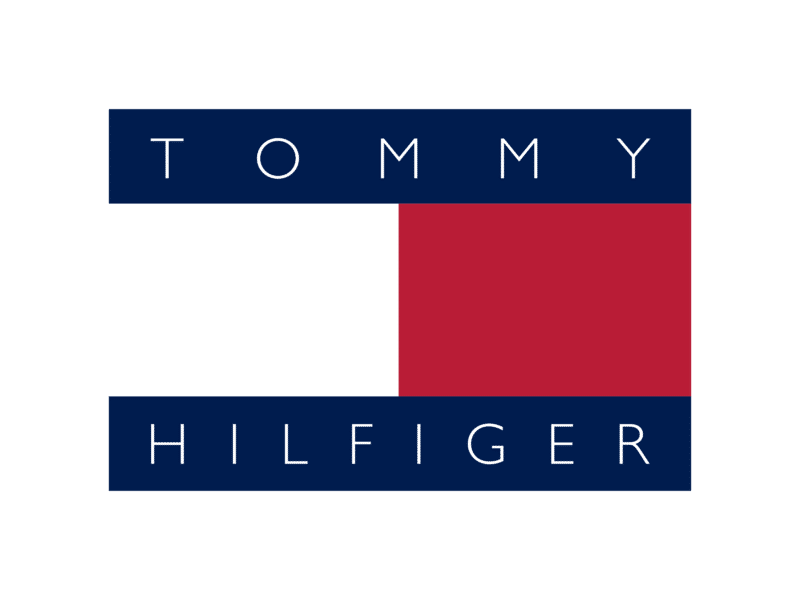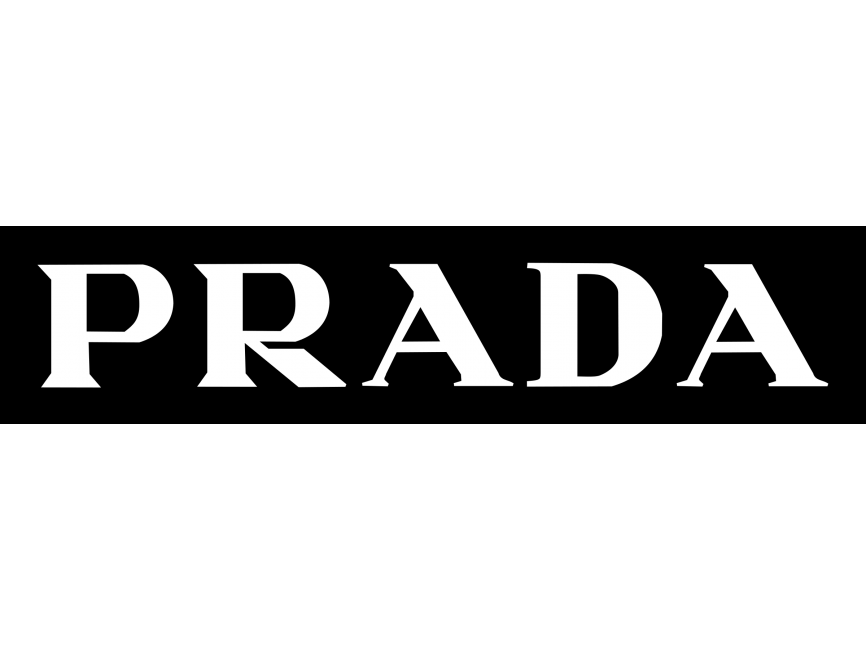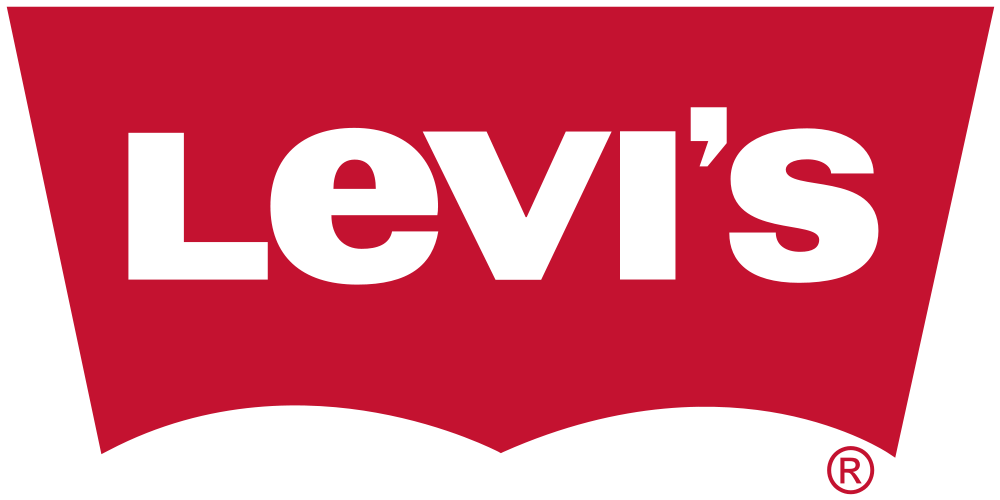How to Extend the Life of Your Home’s Plumbing
Ensuring the longevity of your drainage system is essential for maintaining an efficient and functional residence. By implementing effective plumbing maintenance tips, homeowners can not only improve water efficiency but also safeguard their properties from potential damage. Simple actions taken today can prevent costly repairs tomorrow.
One of the primary goals in managing your piped systems is to avoid leaks. Leaks can lead to significant water wastage and may escalate into more serious issues if left unchecked. Regular inspections and timely fixes are key components of successful home plumbing care.
Furthermore, adopting a proactive approach to maintenance will cultivate a healthy environment for your pipes. Whether it’s checking for corrosion or ensuring proper drainage, these steps are vital for sustaining the functionality of your entire system and promoting efficient water usage. Embrace these strategies to keep your plumbing in top-notch condition.
Regular Maintenance and Inspection Tips for Homeowners
Homeowners should prioritize consistent upkeep and examination of their plumbing systems. This proactive approach can help to prevent pipe corrosion and avoid significant issues down the road. Incorporating simple plumbing maintenance tips into your routine can make a substantial difference in the longevity of your infrastructure.
Start with a thorough visual inspection of visible pipes and connections in your space. Look for signs of leaks, rust, or other damage. Additionally, ensure that your water pressure levels are within the recommended range. High pressure can strain systems and contribute to premature wear.
It’s also wise to schedule professional evaluations periodically. Experts can spot potential problems early on and provide effective solutions. Regular check-ups can improve water efficiency and keep everything running smoothly.
Furthermore, homeowners should consider installing water softeners if hard water is an issue, as this can significantly prolong the lifespan of fixtures and pipes. Using appropriate drain covers can also prevent debris buildup and blockages in the system, enhancing overall home plumbing care.
For more information, visit https://bothamplumbingandheating.com. It’s essential to label various shut-off valves to quickly address leaks if they occur. Staying informed and vigilant about plumbing needs can save you time and money in the long term.
Concluding, remember to perform routine maintenance tasks such as flushing the water heater and cleaning faucet aerators to maintain optimal functionality. For additional tips, check out https://bothamplumbingandheating.com.
Top Strategies for Preventing Clogs and Water Damage
Effective home plumbing care begins with good practices to prevent blockages and leaks. Regularly using strainers in sinks and showers can significantly reduce debris entering pipes. Ensure to clean these strainers frequently to maintain optimal flow.
Avoid flushing non-biodegradable items such as wipes, cotton balls, or feminine products down the toilet. Educating all household members about proper disposal methods is crucial in minimizing clogs and preventing costly repairs.
Periodically inspecting visible pipes for rust, corrosion, or signs of moisture can help catch issues early. Addressing these concerns promptly can improve water efficiency and reduce the risk of leaks that often lead to extensive damage.
Utilizing enzymatic drain cleaners rather than chemical-based ones can help keep pipes clear while being less harmful to plumbing systems. These natural solutions break down buildup without the risk of damaging pipes.
Regularly flushing your water heater can prevent sediment buildup, which affects efficiency and can lead to leaks. Scheduled maintenance of appliances also plays a significant role in maintaining plumbing health.
Best Practices for Winterizing Pipes and Fixtures
As colder months approach, it’s essential to take proactive measures to avoid leaks and ensure your water systems function effectively. Winterizing your pipes and fixtures can significantly enhance their durability and performance.
Begin by draining outdoor hoses and storing them in a dry place. Disconnect any attachments and ensure that spigots are completely shut off to prevent freezing. Insulating exposed pipes, particularly those in unheated areas like attics and basements, is vital. Wrapping them with foam sleeves can safeguard against freezing temperatures.
Don’t forget to check for drafts around windows and doors; any cold air can chill plumbing fixtures and pipes. Use caulk or weatherstripping to fix gaps and enhance energy efficiency.
To improve water efficiency, consider shutting off valves to unused spaces, such as guest bathrooms, and draining them entirely. This practice not only protects against freezing but also lessens the workload on the plumbing system.
Regularly review your plumbing for any signs of wear and tear as part of your home plumbing care regimen. This proactive approach is central to long-term functionality, as is staying attuned to the condition of your system.
By following these simple plumbing maintenance tips, you can preserve the integrity of your pipes and fixtures throughout winter, avoiding costly repairs and ensuring peace of mind.
Q&A:
What are some simple ways to prevent plumbing problems in my home?
To prevent plumbing issues, you can take several straightforward steps. First, regularly check for leaks around faucets, toilets, and pipes. Tighten any loose fittings and repair small leaks promptly. Second, avoid pouring grease or oil down your drains, as these can solidify and clog pipes. Instead, dispose of grease in a container. Third, use drain screens to catch hair and food particles, which can contribute to blockages. Lastly, consider having a professional inspect your plumbing system annually to catch potential problems before they escalate.
How can I tell if my pipes need to be replaced?
Signs that your pipes may need replacement include frequent leaks, discoloration of your water, and reduced water pressure. If you notice rust stains in your sinks or tubs, it may indicate that your pipes are corroded. Additionally, if your water has a metallic taste or smell, this might suggest pipe deterioration. Lastly, if you find yourself constantly facing clogs, even after trying various remedies, it could be time to consider replacing those pipes. Consulting a plumber can provide clarity and help determine the best course of action.
What routine maintenance should I perform on my plumbing system?
Regular maintenance is key to extending the life of your plumbing system. Start by flushing your water heater annually to remove sediment that can build up over time. This can improve efficiency and prolong its lifespan. Additionally, check your water pressure; high pressure can strain your pipes, so use a pressure gauge to monitor it. Also, inspect your home for any signs of leaks or moisture, particularly in areas like under sinks. Cleaning your drains regularly with a mixture of baking soda and vinegar can help maintain flow and prevent blockages.
Is it advisable to use chemical drain cleaners, or are there safer alternatives?
Using chemical drain cleaners is generally not recommended, as they can damage your pipes over time and create harmful fumes. Instead, consider using safer alternatives like a mixture of baking soda and vinegar followed by hot water, which can effectively break down minor clogs. For tougher blockages, a plunger or a plumber’s snake can also be a good choice. If you frequently encounter clogs, it might be wise to have a professional assess your plumbing to identify any underlying issues that need attention.

